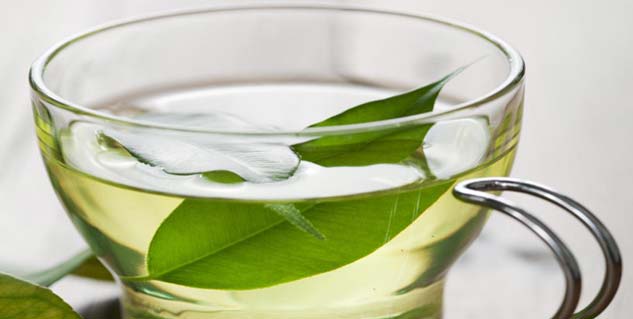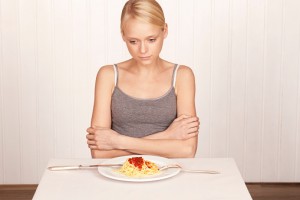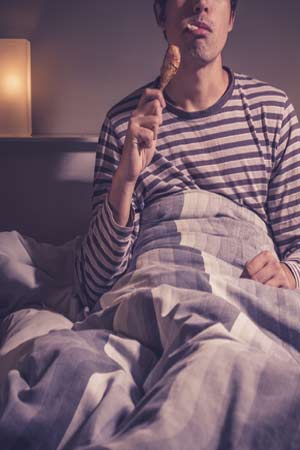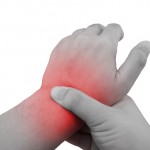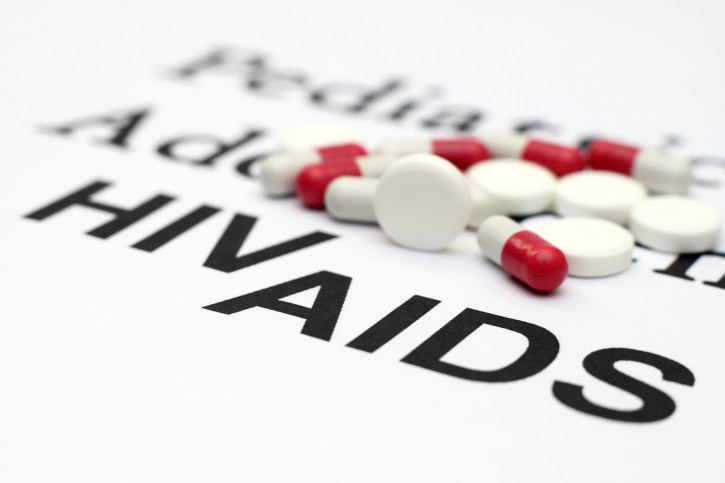After Weight Loss Surgery How Is Dietary Fat Absorbed
Gastric bypass weight loss surgery patients should be concerned about fat intake and fat absorption. Both affect the health and diet of the weight loss surgery patient who underwent either gastric bypass and gastric banding. WLS patients who report the greatest success eat a diet low in fat.
Fat Absorption:
In a gastric bypass the stomach size is reduced to about a cup and most of the small intestine is bypassed. The stomach outlet is attached to the jejunum (middle section) of the small intestine. Most food absorption occurs in this section. The specialized cells of the jejunum contain digestive enzymes, carrier proteins and other secretions. However, because the digestive tract has been significantly reduced in the bypass there is less time for foods to be absorbed. In the case of gastric bypass the body will absorb fats in limited amounts.
Incidentally, most gastric bypass patients do not tolerate fats in the form of fried food. Eating fried foods can cause vomiting, diarrhea and weight gain. Monounsaturated good fats found in olives, nuts, avocados, olive oil and canola oil should be consumed sparingly. Polyunsaturated fats, the Omega-6 fats found in nuts, seeds, grains, leafy vegetables, soybeans, dairy products, corn oil, safflower oil and soybean oil, should also be consumed in limited quantity. Saturated (animal and dairy fat) and trans fats (hydrogenated oils) should be avoided.
In a lap-banding procedure the small intestine is not shortened or disrupted so the opportunity for full-fat absorption exists as it did before the lap-band was installed. Most lap-band patients do not report the nausea associated with fat intake that a gastric bypass patient reports.
-
Emotional Challenges Linked To Obesity
Many are aware that being extremely overweight and obese increases
-
20 Tricks to Stay Slim Without Thinking About it
V
-
The New Villains in the battle against Weight Gain and Obesity
Appetite and hunger cravings seem to be
-
Lose Weight Really Fast - Its All About Changing Your Lifestyle
A lot of people aspire to lose weight really fast for a long term basi
-
The Simple Solution For Losing Weight
Many people find it impossible to stick
-
Natural Weight Loss, When you do not have to Go Over
Eat right, keep moving. You just have r
- DON'T MISS
- What Are the Best Starchy Carbs for The GI Fat Loss Diet?
- Lose Weight by Hypnosis - Explore This Unique Approach for Slimming
- How to Identify Weight Loss Programs That Really Work
- The Secret Weight Loss Saboteur: Fight or Flight in the Modern World
- Cellulite Diet That Is Healthy
- Weight Loss Facts
- Why its done
- Fat Burning Dietary supplements ‘ Do You Flip a Coin to Discover the right One?
- How to Shed Unwanted Fat on Your Back
- Turning 40 Inspired Me to Lose 75 Pounds
